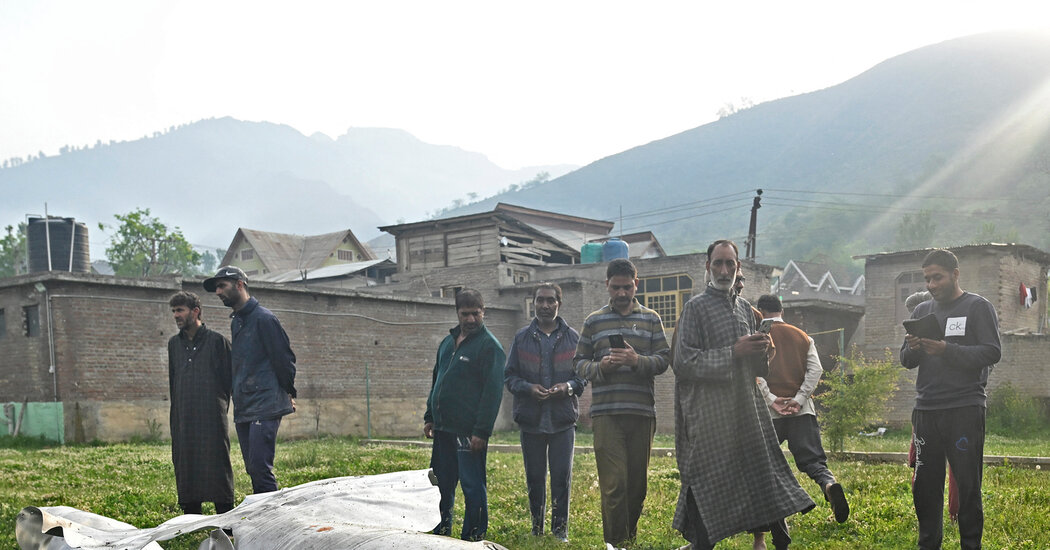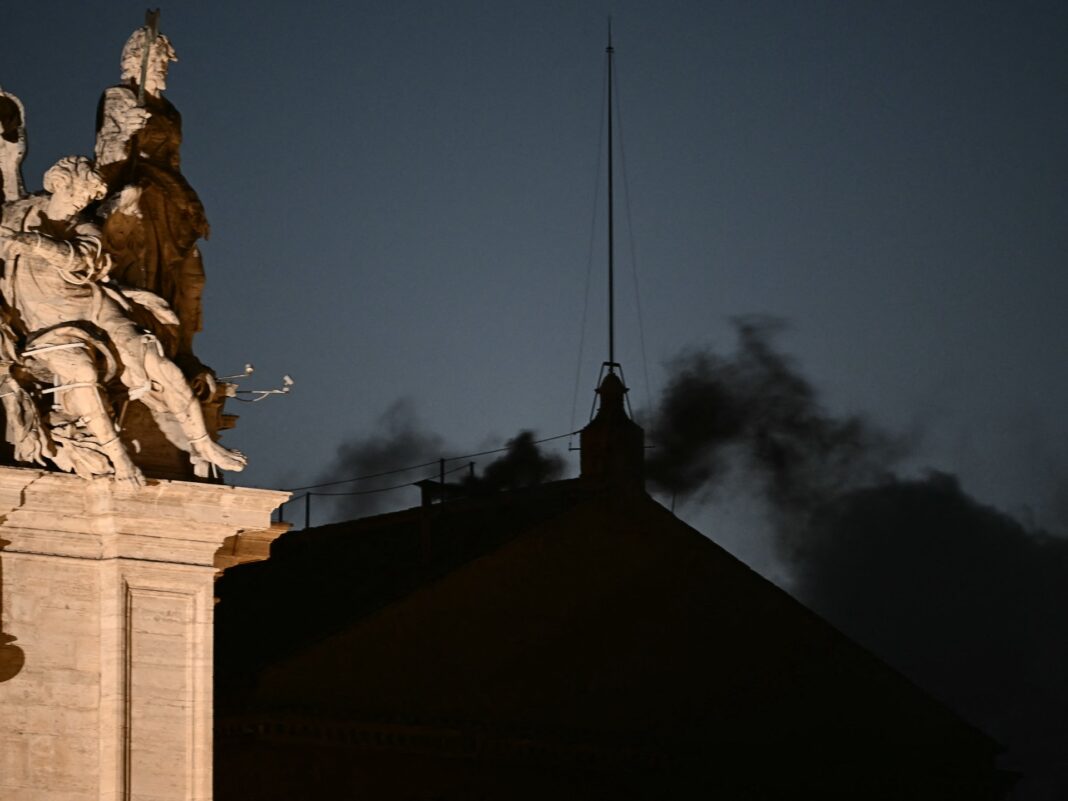Will the India-Pakistan conflict escalate further?
After India had conducted airstrikes on Pakistan and the Pakistani-held area of Kashmir, the Pakistani military claimed yesterday that it had downed Indian jets. Two or three Indian planes went down on the Indian side of the border, according to Indian officials and Western diplomats, as well as local media reports and witness accounts. The question now is whether Pakistan will decide that it must answer India’s strikes with an attack of its own on Indian soil.
For now, Pakistan says it is keeping all its options open. But diplomats and analysts expressed some hope that an all-out war could be averted. Pakistan’s defense minister said he would welcome further U.S. efforts to help defuse his country’s crisis with India.
The Pakistani military said more than 20 people had been killed and dozens injured after India hit six places in Pakistani-held Kashmir and in Punjab Province. Residents of the Indian side of Kashmir said at least 10 people were killed by shelling from the Pakistani side.
Even as India hailed its “Operation Sindoor” attack on Pakistan as a victory in response to the terrorist attack in Kashmir last month that killed 26 people, evidence grew that their forces may have taken heavy losses.
Perspective: My colleague Mujib Mashal, our South Asia bureau chief, explained what led to the strikes in this Times video. “The history of these two countries has really been a history of managed hostilities,” Mujib said.
On the ground: These photos and videos capture scenes from India’s strikes on Pakistan and Kashmir.
Arms flow: When it comes to weapons, India vs. Pakistan is also China vs. the U.S., illustrating the new alignments in this corner of Asia.
No pope was elected on the first day of the conclave
Black smoke puffed from a chimney above the Sistine Chapel as the first round of voting for a new pope ended yesterday without a decision. The conclave of cardinals will meet today to try again.
The initial vote had not been expected to yield a new leader. The 133 cardinals, the most ever to gather in a papal conclave, will remain without phone or internet access and under oaths of total secrecy until a two-thirds majority agrees on a candidate. This is how a conclave works.
What’s next: There is no indication of how long the conclave will take, though decisions were reached in the last two within two days. Because the process takes place mostly in silence, one seasoned cardinal had some advice: “Bring a book.”
Quiz: Think you know the conclave? Test your knowledge on the centuries-old tradition.
Israeli airstrikes killed dozens in Gaza
Airstrikes pounded Gaza yesterday, killing at least 59 people, health officials said, as Israel’s defense minister gave some details about a plan to capture more of the enclave and force all two million Gaza residents to live in the south. The single deadliest bombing hit near a popular cafe in Gaza City where young people had gathered to use the internet, killing 33, according to Gaza’s Health Ministry.
Speaking to the military, Israel’s defense minister said the relocation of Gazans was part of an offensive that would begin after President Trump’s visit to the Middle East next week. Until then, he said, Hamas had “a window of opportunity” to agree to new cease-fire negotiations and release Israeli hostages.
MORE TOP NEWS
When we think about the forces that shape us, our first thought might be of our parents. But our brothers and sisters can play just as big a role (if not bigger) in who we become, from school life to sports. Read more about these rivals and allies.
CONVERSATION STARTERS
The year’s best books, so far
We’re more than a third of the way through 2025 and our Book Review team has already written about hundreds of books. Some were good. Some were very good. And then there were the ones we couldn’t stop thinking about.
One of the favorites is “We Do Not Part,” a dreamlike novel that revisits a violent chapter in South Korean history. Another is “Careless People,” a darkly funny exposé of Facebook.
Here are more thrillers, chillers and a hare-raising memoir, big ears and all.
Awards drama: “James,” by Percival Everett, won the Pulitzer for fiction this week. But not without complications.

